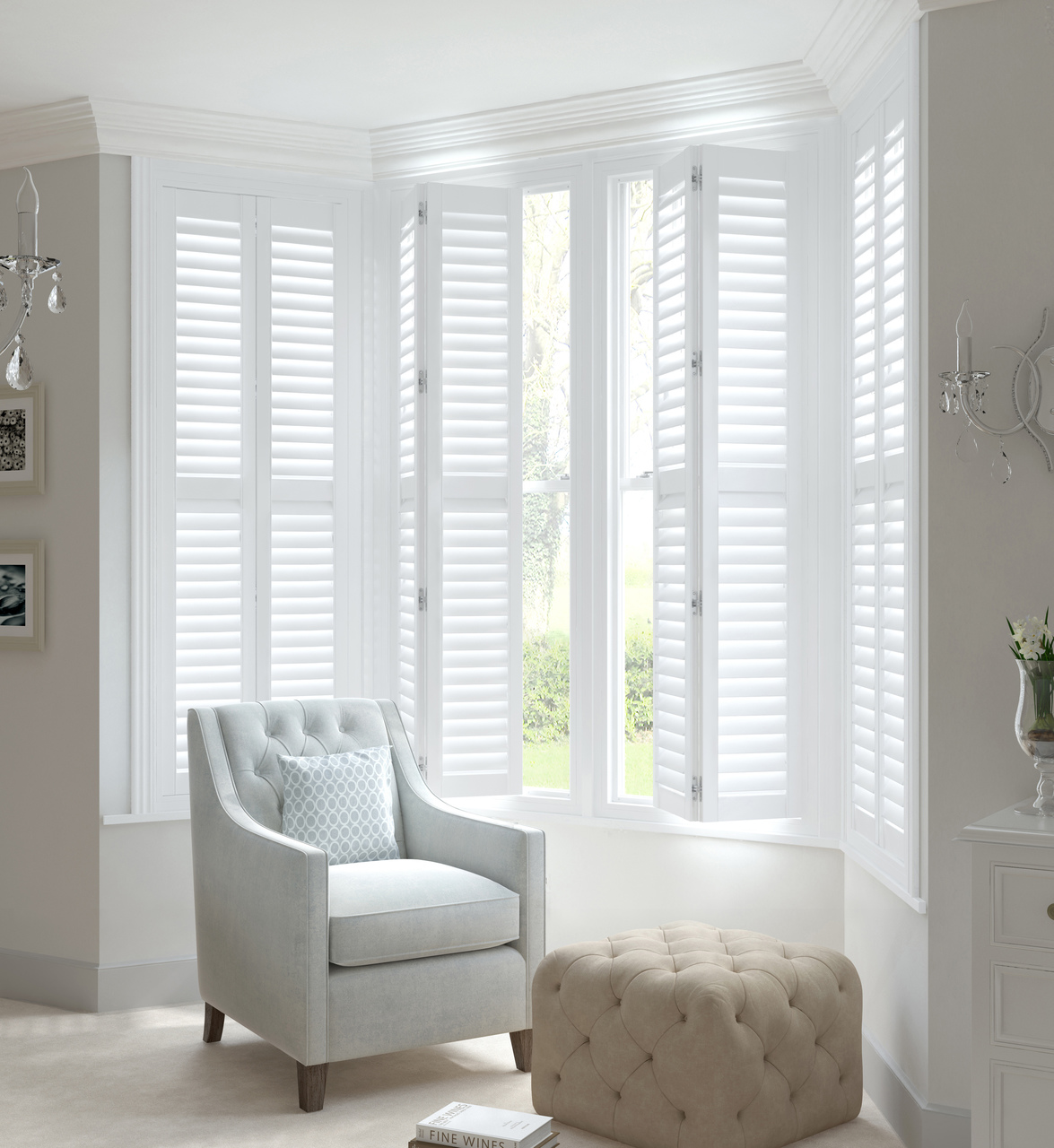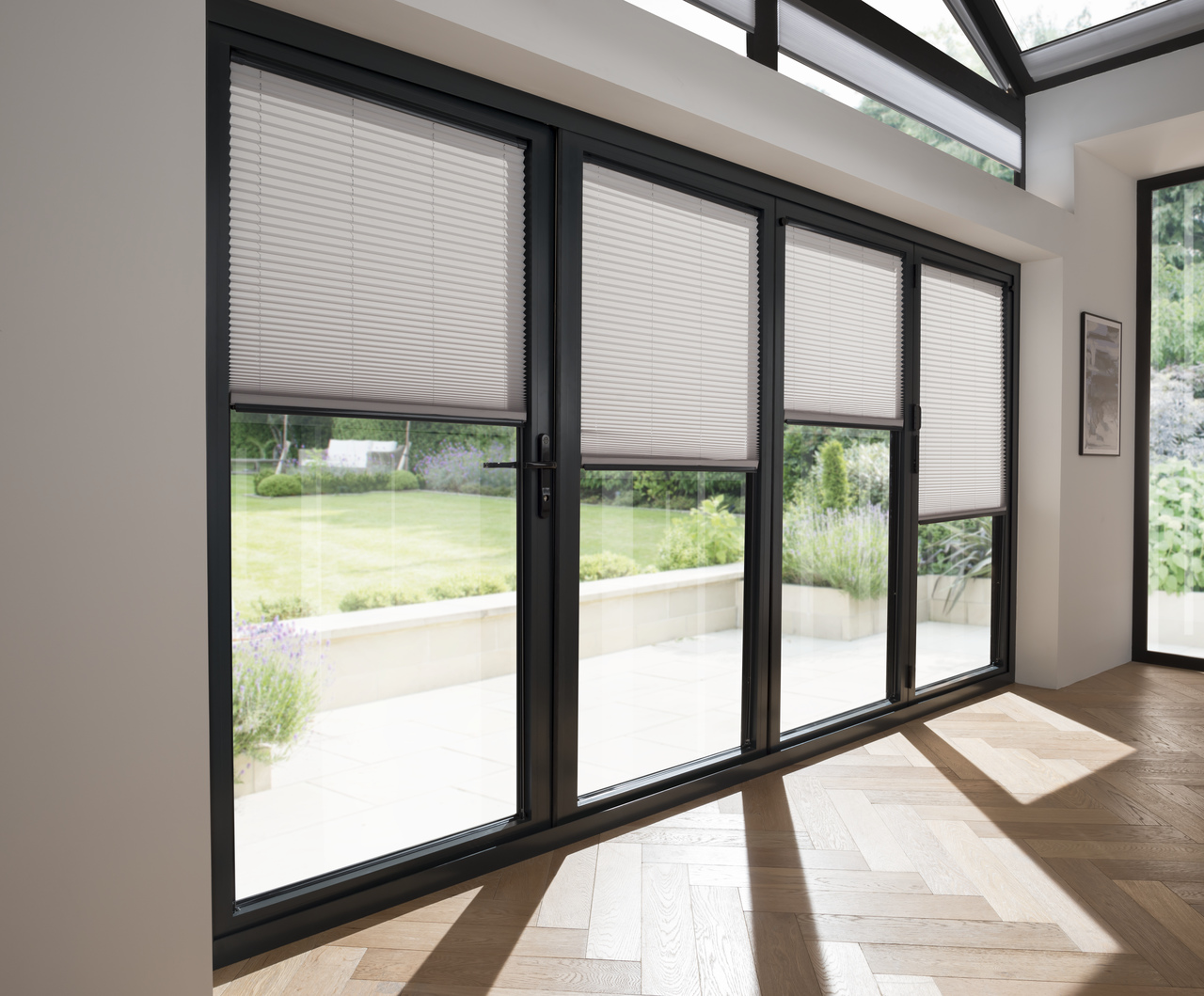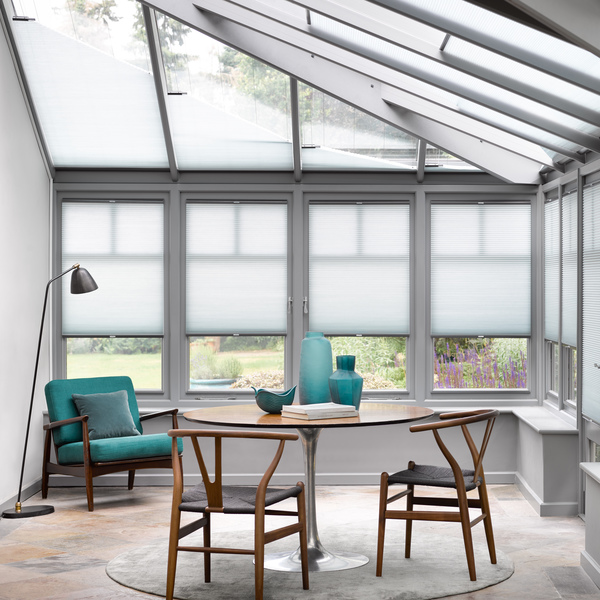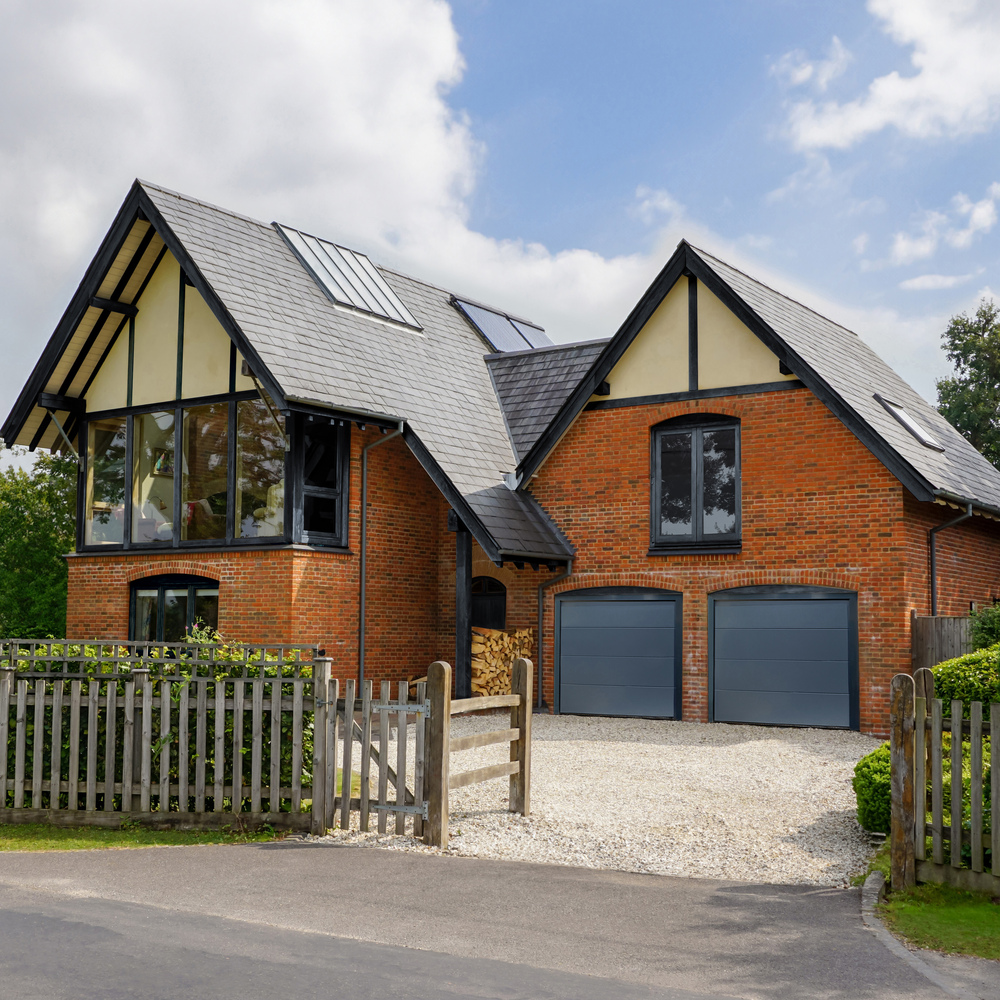Energy saving tips
As the seasons change, so do our comfort needs within our homes. With the arrival of autumn and winter, the quest to keep our living spaces warm and cosy begins anew. One area that often gets overlooked is our windows, a major source of heat loss in homes, leading to higher energy bills and a larger carbon footprint. In this guide, we'll explore thermal blinds and shutters to help you transform your home into an energy-efficient haven.













